UN Biodiversity Conference COP16 Wrap-Up
Key Outcomes, Challenges, and the Path Forward to 2030 Goals
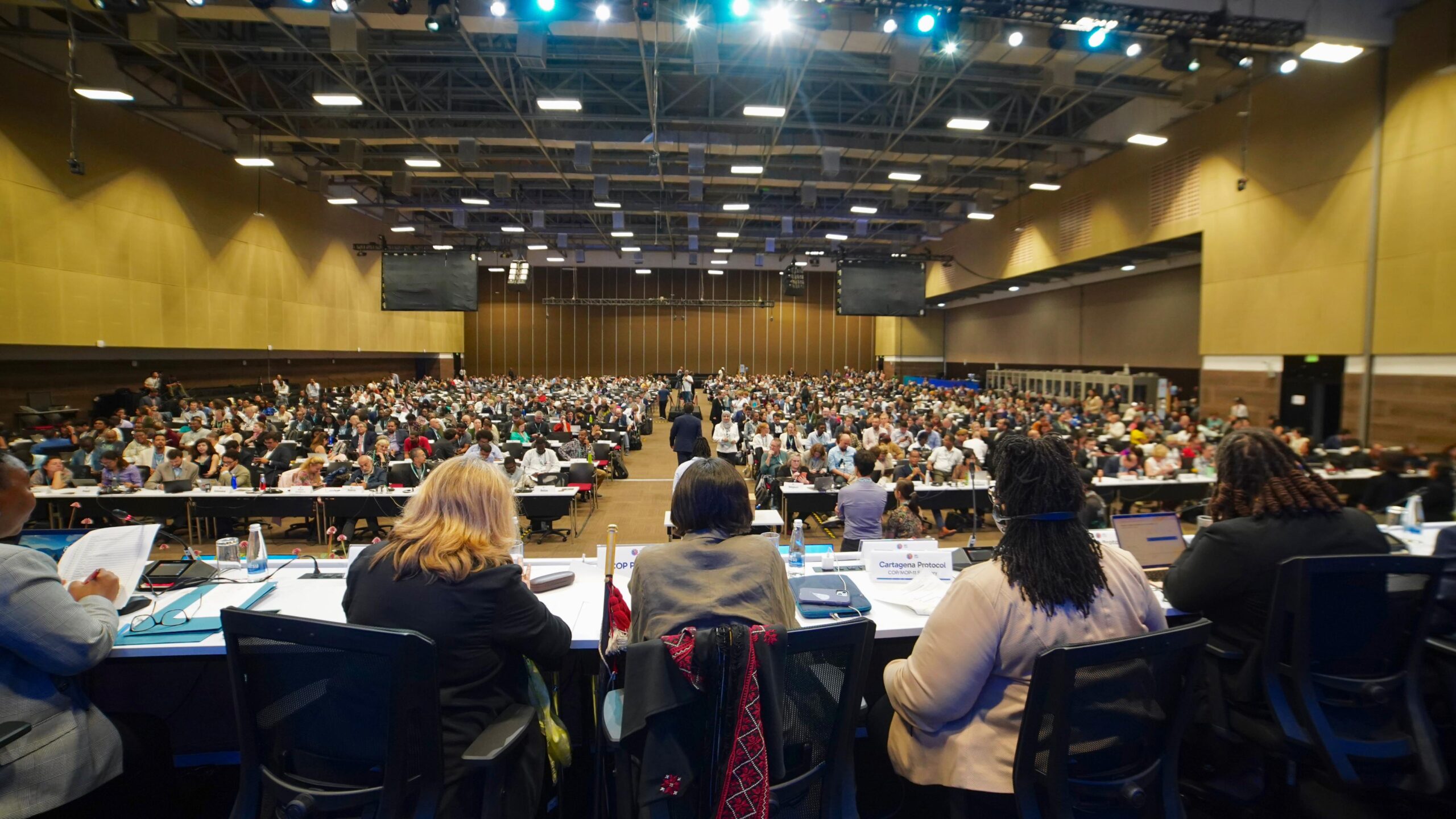
By Zdenka Piskulich, Managing Director, Enduring Earth
November 7, 2024: The 16th session of the UN Biodiversity Conference held in Cali, Colombia, concluded last week amid ongoing uncertainties on several major issues, including funding.
Over two weeks of intense negotiations, representatives from 196 countries worked to advance progress on the 23 targets of the Kunming-Montreal Global Biodiversity Framework (GBF). However, despite dedicated efforts and extended discussions into Saturday morning, the conference was suspended without a quorum, leaving some critical decisions unresolved.
Outstanding Challenges
Funding for Nature: Lack of agreement for a comprehensive resource mobilization strategy to secure increased biodiversity funding
Financial Planning: No consensus was reached on embedding biodiversity into the financial strategies of governments, financial institutions, and businesses.
Monitoring Framework: Details on how to track and measure progress on the targets are still under negotiation.
Key Agreements Reached
Creation of the Cali Fund: A voluntary innovative mechanism designed to stimulate private finance for nature. This fund will allocate profits from digitally sequenced genetic data sourced from plants and animals to benefit the communities from which they originate, especially in low-income parts of the world.
Indigenous Representation: Approval of a permanent body to represent Indigenous peoples and local communities in future biodiversity negotiations, including formal recognition of peoples of African descent as biodiversity custodians.
Funding Boost: Austria, Denmark, France, Germany, New Zealand, Norway, the United Kingdom, and Québec announced $163 million in new pledges to Global Biodiversity Framework Fund.
National Engagement: 119 countries submitted national targets aligned to deliver the GBF, reflecting a growing commitment from governments worldwide to address nature loss, even amidst global challenges.

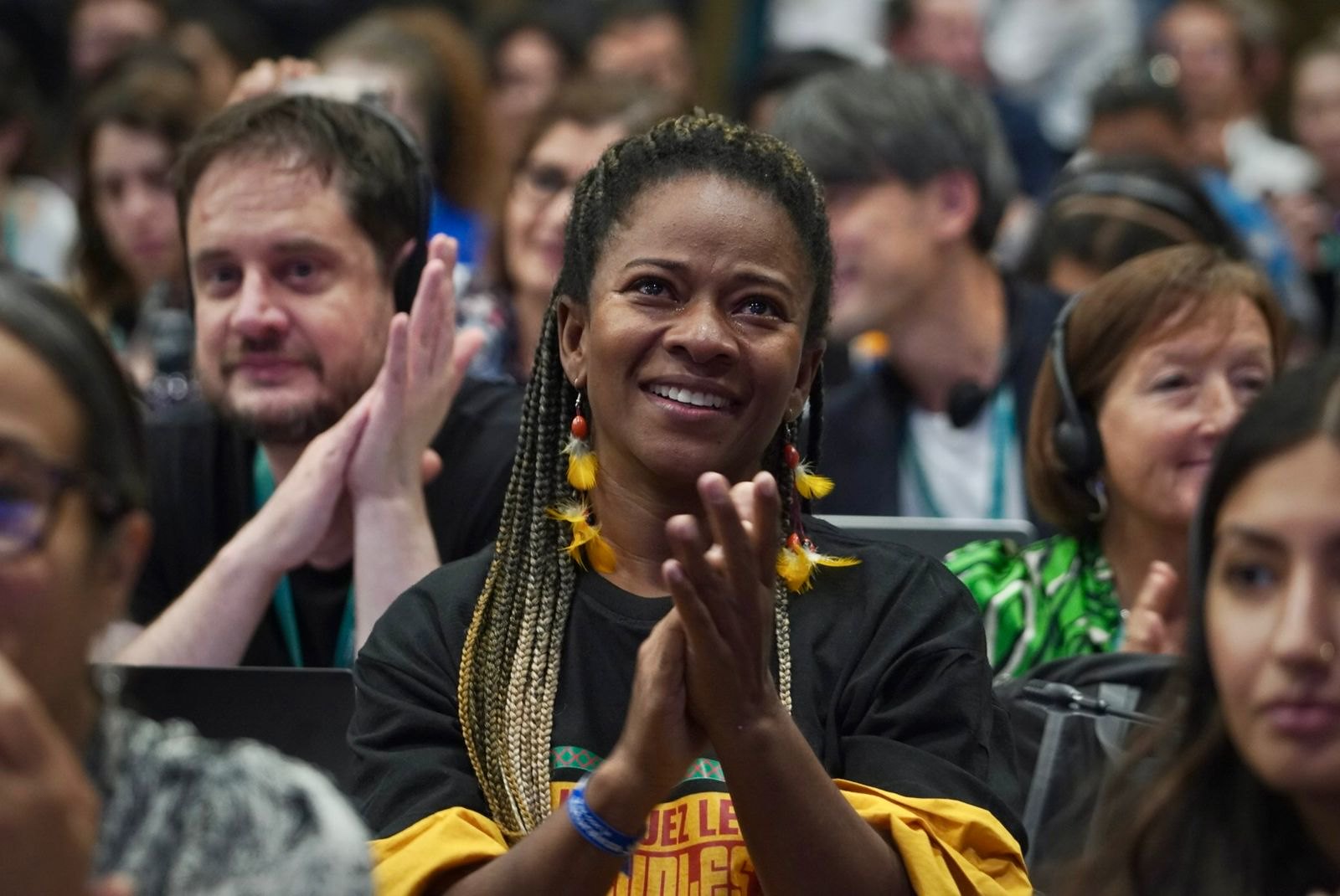
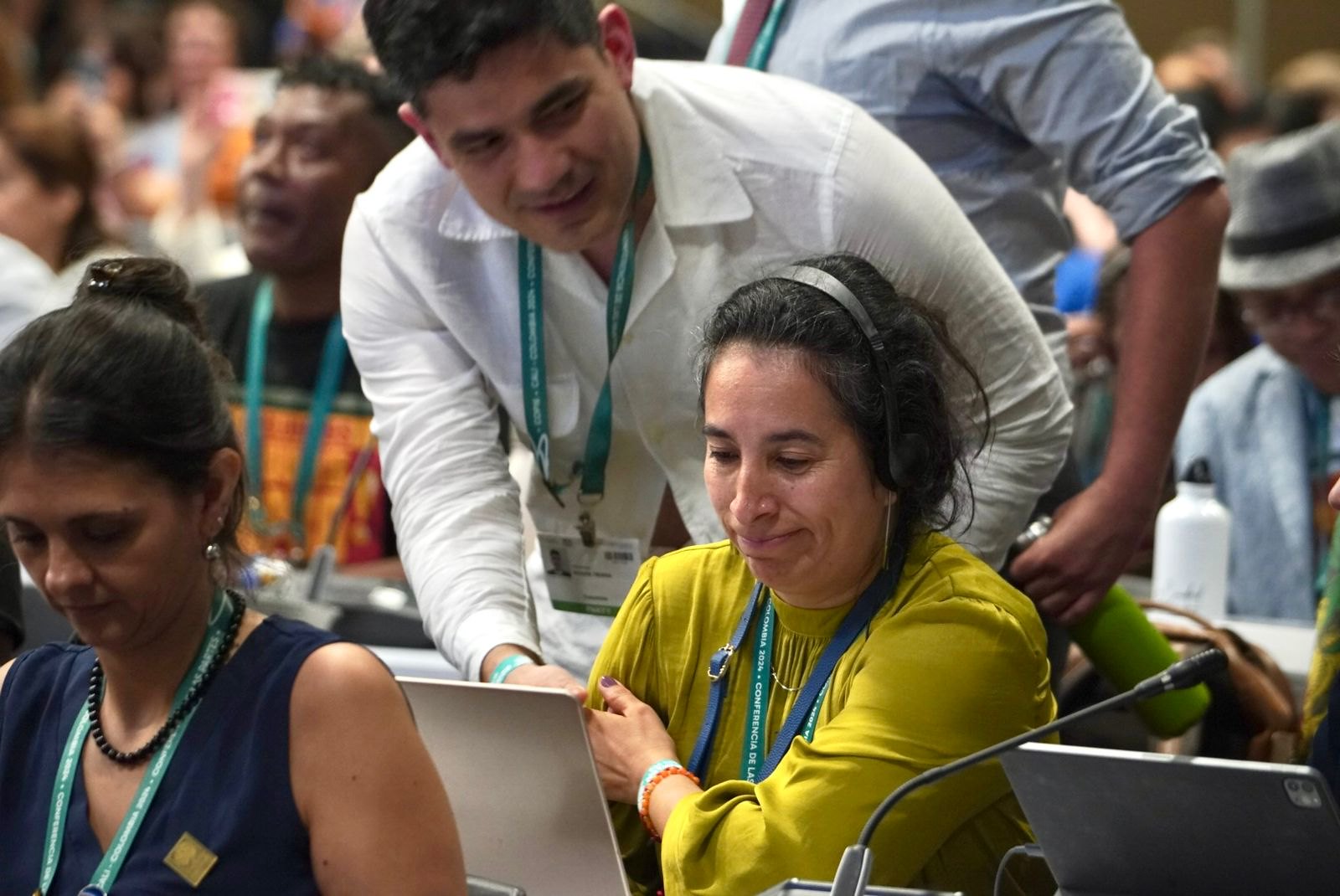
“With this decision, the value of the traditional knowledge of Indigenous peoples, Afro-descendants and local communities is recognized, and a historical debt in the 26-year Convention on Biological Diversity is settled” shared Susana Muhamad, Colombia’s environment minister and COP16 president on the creation of a permanent body for Indigenous representation.
Sustainable financing is crucial to achieving the global biodiversity targets set for 2030. At COP15 in Montreal, nations committed to an ambitious goal of mobilizing $700 billion annually to combat biodiversity loss. As part of this agreement, developed countries pledged $20 billion annually to support conservation efforts in developing nations by 2025, increasing to $30 billion per year by 2030.
Path Forward: Advancing Sustainable Financing
Enduring Earth is a solution to help close the financing gap for nature, using the Project Finance for Permanence model as a tool to support alignment of durable funds for conservation and community prosperity.
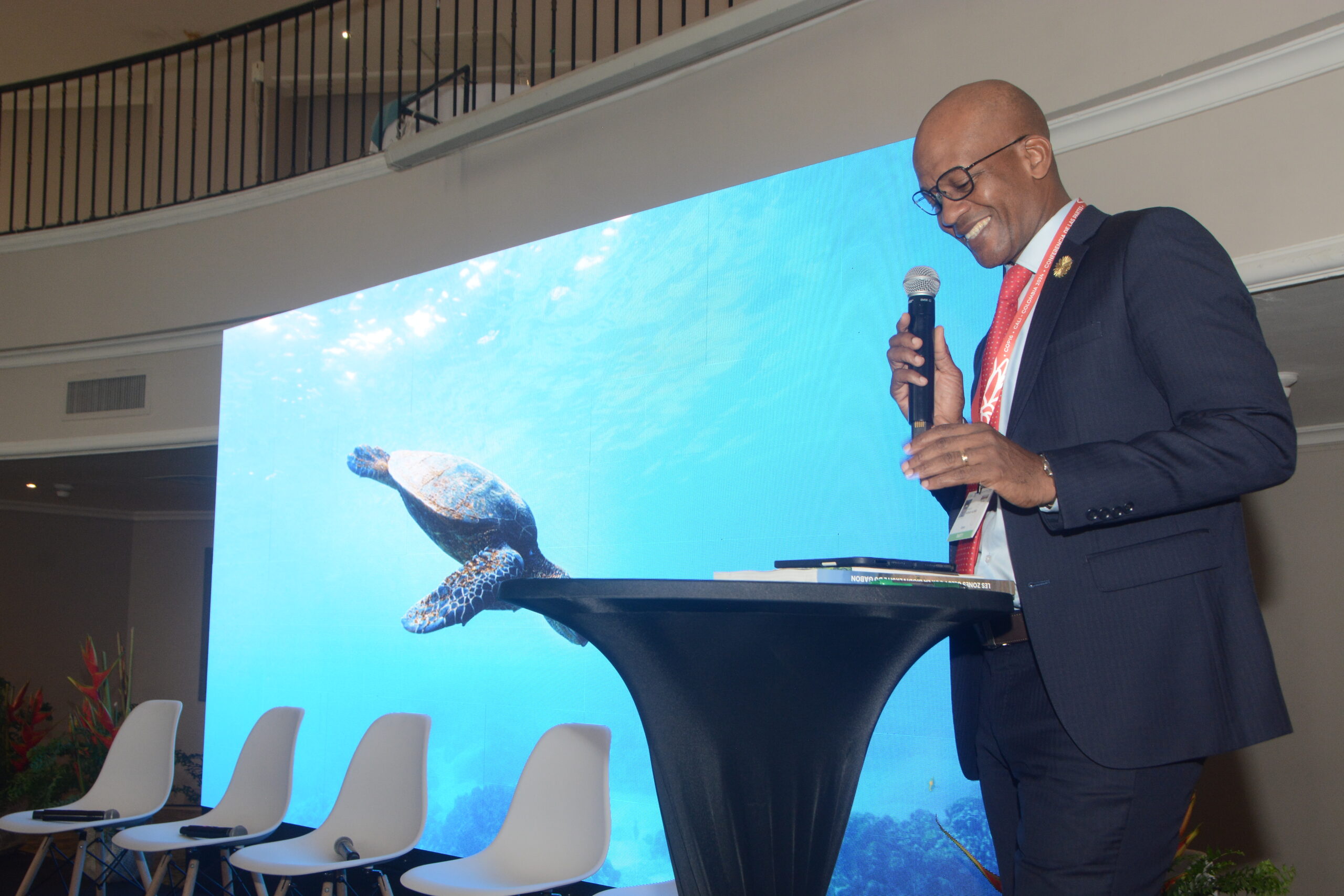
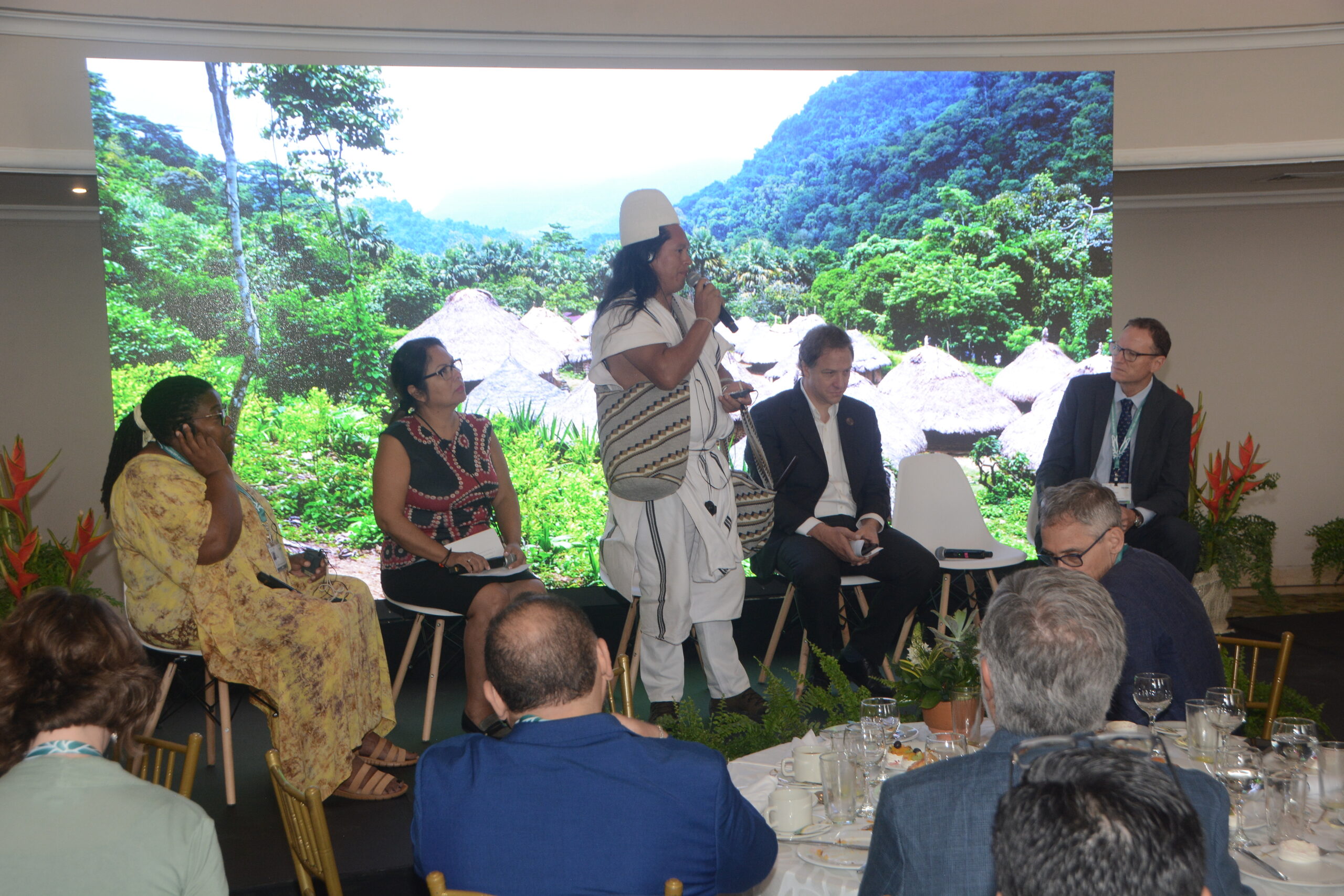
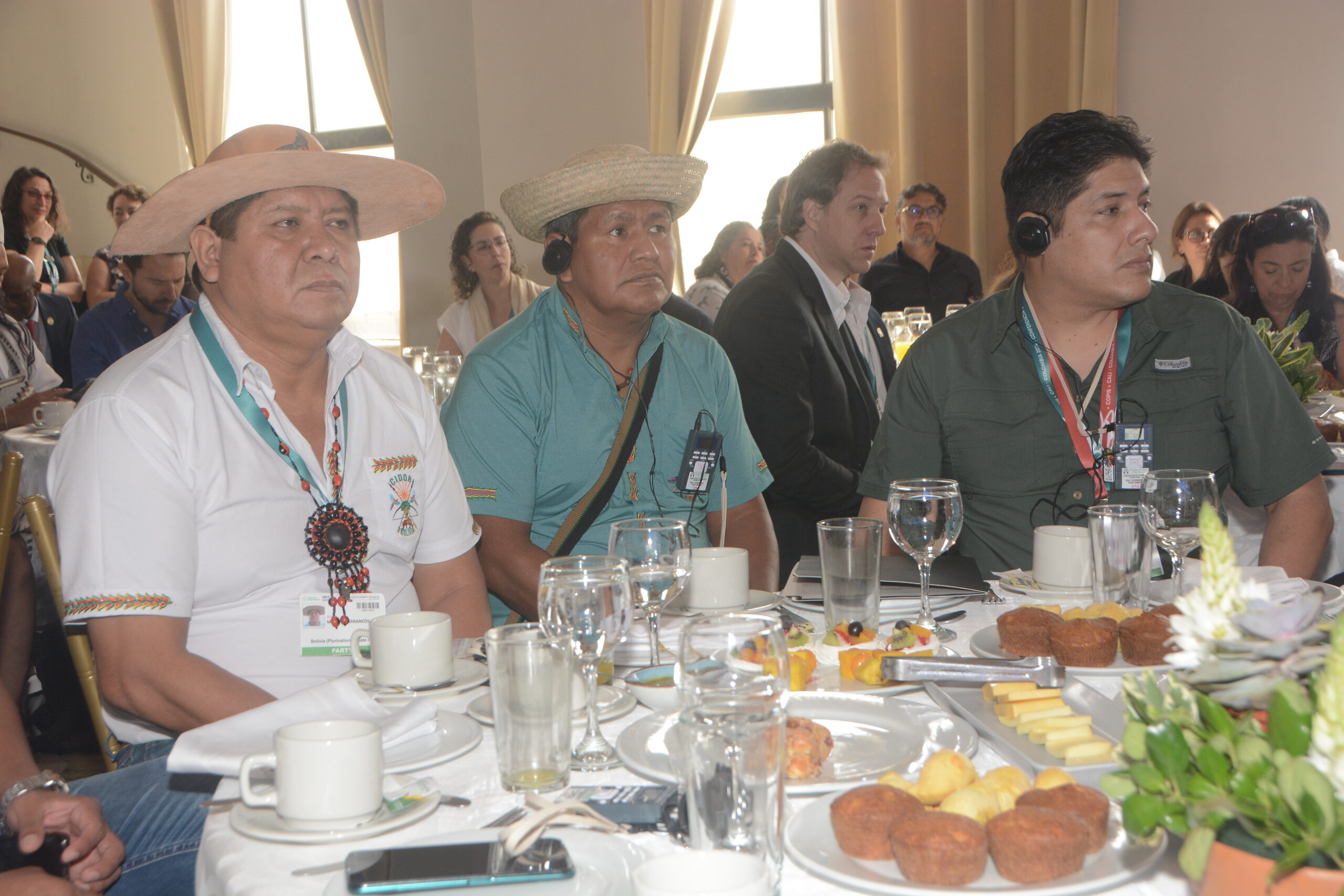
During COP16 Enduring Earth strengthened its partnerships and commitments to secure sustainable finance to deliver the GBF through several new agreements and networks:
Bolivia: A new agreement was signed to advance sustainable financing for a PFP initiative in Bolivia with World Wildlife Fund alongside the Foundation for the Development of the National System of Protected Areas (FUNDESNAP), National Service for Protected Areas (SERNAP), Gordon and Betty Moore Foundation, The Nature Conservancy, and Wildlife Conservation Society.
France-Gabon: France, Gabon, TNC and international partners shared news of a ‘Country Package’ to protect Gabon’s forests, a portion of which funding will go to the proposed Gabon PFP initiative
Mexico: A collaboration with the Mexican Fund for the Conservation of Nature was agreed and signed to expand durable conservation efforts across Mexico and throughout the RedLAC network, supporting Mexico and USAID in their efforts to protect the MEx30x30 initiative.
Panama: New agreement signed with The Pew Charitable Trusts to advance sustainable financing for a PFP initiative.
Eastern Tropical Pacific: Minister Juan Carlos Navarro shared the announcement of a permanent secretariat to unite Colombia, Costa Rica, Ecuador, and Panama in conserving the Eastern Tropical Pacific, supported by Bezos Earth Fund, Wyss Foundation, Re:wild, The Pew Charitable Trusts, Dona Bertarelli Philanthropy, and Enduring Earth.
Conservation Trust Funds Assessment: Supported the Global Environment Facility, RedLAC, CAFE, and APNET in launching a comprehensive assessment on how Conservation Trust Funds are driving progress for nature.
Conservation Finance Network: We can do more when we come together. During COP16 we hosted a network of women leading conservation finance around the world and brought together more than 150 people from over 40 countries to spotlight progress and local leadership.

Sustainable finance breakfast at COP16, with over 150 guests representing more than 40 countries and Indigenous nations.
As we look forward, Enduring Earth is working with more than 100 partners on 14 projects across 12 PFP initiatives to durably conserve and finance 390 million hectares of lands, ocean, and freshwater. This is built on a commitment to uphold the rights of people and create opportunities for sustainable growth.
Stay connected and join the global PFP community
